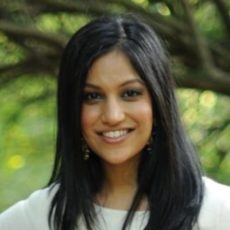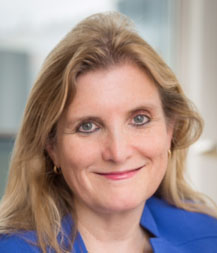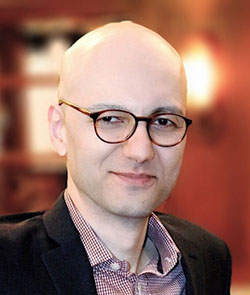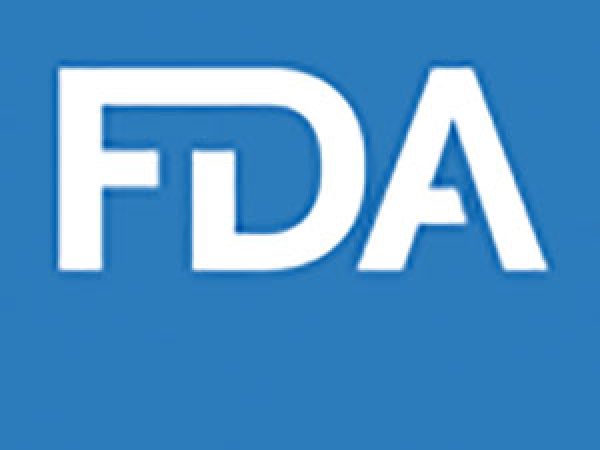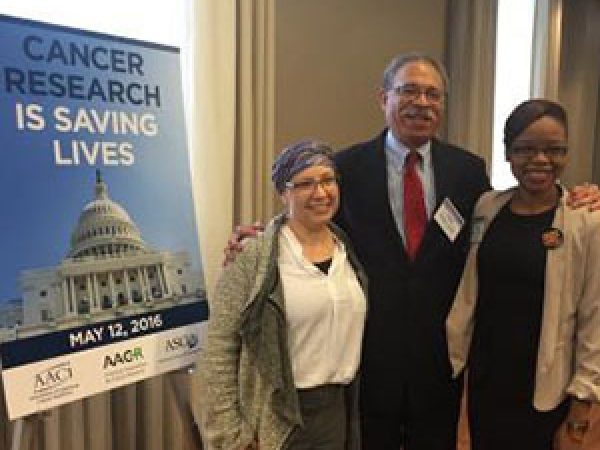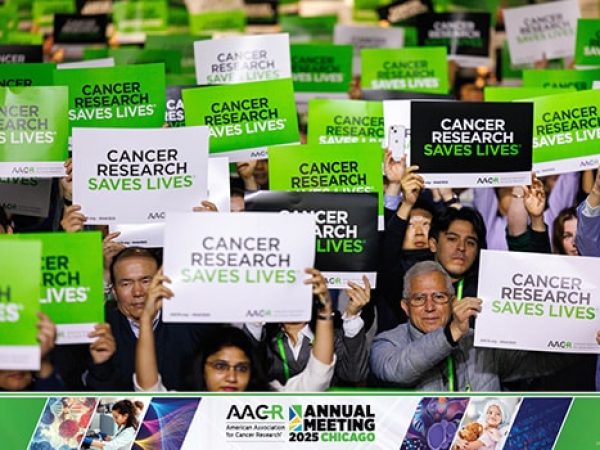FDA-AACR Workshop Examines the Practice and Promise of Real-world Evidence in Oncology
By Trevan Locke, PhD
Building on advances in technology and analytical tools, real-world data (RWD) sources have attracted increasing interest as means to efficiently answer important clinical, research, and regulatory questions around oncology treatments and outcomes. RWD can come from a variety of sources, including medical claims data, electronic health records, patient-reported outcomes, and product or disease registry data. Real-world evidence (RWE) is clinical evidence generated from these data.
While the randomized controlled trial remains the gold standard for gathering clinical evidence for regulatory use, RWE can provide critical insights in situations where such trials may be difficult to complete. This is especially relevant in oncology, where personalized medicine approaches are leading to increasingly smaller patient populations that necessitate new strategies for efficient drug development. On July 19 in Bethesda, Maryland, the AACR will join the U.S. Food and Drug Administration (FDA) to co-sponsor a workshop exploring uses of RWE in oncology. The workshop is cochaired by Sean Khozin, MD, MPH, and Pallavi Mishra-Kalyani, PhD, from the FDA; and by Deborah Schrag, MD, MPH, on behalf of the AACR.
Last December, the FDA released the Framework for FDA’s Real-World Evidence Program. The framework is intended to aid in the evaluation of potential uses of RWE to help support supplemental applications for a drug or biologic already approved by the FDA or to satisfy postmarket requirements for an approved drug. Jacqueline Corrigan-Curay, JD, MD, Director of the Center for Drug Evaluation and Research Office of Medical Policy, will open the upcoming workshop with a keynote presentation on this framework and the agency’s efforts to study uses of RWE.
From there, the workshop will feature use cases for RWE in premarket and postmarket settings. “Devoting a large part of the agenda to practical use cases was important to us,” said Mishra-Kalyani, team leader for the Division of Biometrics V at the FDA. “Dissecting tangible examples from the oncology space will help inform the development of study designs that utilize real-world data and evidence in the future.”
In addition to use cases, the workshop will also highlight the contributions of large genomic databases, including AACR Project GENIE, and digital data to producing RWE. “It’s critical for the administrators of these databases to work with each other and with practicing physicians to develop standards for structured information that allow proper interpretation and communication of genomic and electronic health record data,” said Schrag, who is the chief of the Division of Population Sciences at Dana-Farber Cancer Institute. “With Project GENIE, we aim to build a discovery engine capable of creating, sharing, and using real-world data.”
Rounding out the day, attendees will enjoy a session exploring the future of RWE. Speakers will present on digital health technology, digital phenotyping, and perpetual clinical trials. A diverse stakeholder panel will follow to discuss the challenges and opportunities facing the use of RWE in oncology. “As we enter the era of big data in biomedicine, modern approaches for optimizing R&D and clinical evidence generation, including the use of real-world data and advanced analytics, can enable us to better address today’s challenges in oncology therapeutic development,” explained Khozin, associate director of the Oncology Center of Excellence and Director of the Information Exchange and Data Transformation (INFORMED) at the FDA.
Registration for the FDA-AACR Real-world Evidence Workshop is free and still available for in-person or webcast attendance.

